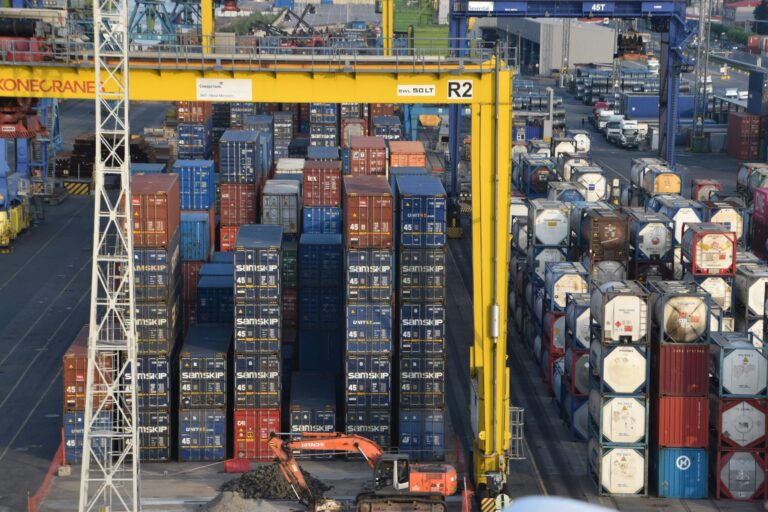A significant ruling by a federal appeals court has revived sweeping import tariffs, overturning a previous decision made by a U.S. trade court. This reinstatement is likely to escalate trade tensions, particularly as countries now face greater uncertainty in ongoing negotiations. The legal ambiguity surrounding the case could lead to delays in international trade agreements, with parties unsure of how future concessions might be handled or impacted by such tariffs.
The decision to bring back the tariffs comes at a time when there are growing concerns in the financial markets. A new fiscal bill under consideration in the U.S. includes provisions that could affect capital taxes, adding another layer of complexity for investors. These provisions have raised alarms over the possibility of a broader capital war, where international investments might be discouraged or redirected due to changing tax policies and the return of tariffs.
Compounding the issue, there are emerging signs that the U.S. economy may be slowing down. Economic data has pointed to weaker-than-expected growth in key sectors, which has prompted market speculation that the Federal Reserve may need to cut interest rates. A potential rate reduction could signal that the central bank is responding to economic challenges by making borrowing cheaper, but it also highlights the fragility of the current economic landscape.
As the U.S. continues to navigate these complex trade and fiscal challenges, the outcome of the ongoing tariff and tax debates could have significant implications for global economic stability. The risk of trade conflicts escalating and investor uncertainty growing is very real, and businesses and governments alike will be watching closely to see how these factors unfold in the coming weeks and months. This heightened volatility underscores the growing importance of clear and stable trade policies to ensure long-term economic growth and cooperation.


